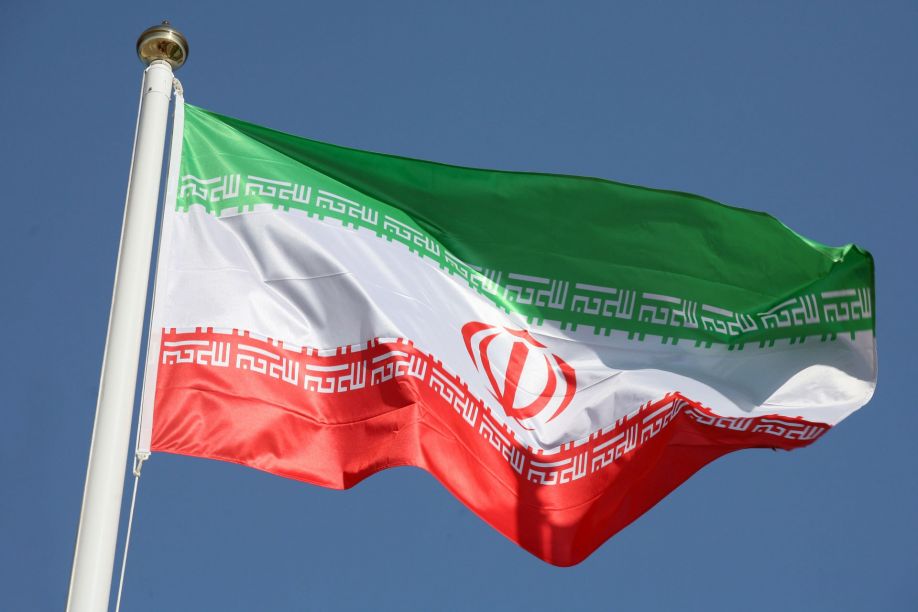Representatives of the customs authorities of Russia and Iran signed a number of documents on cooperation, including a protocol on the "green corridor." More details about the results of the meeting, which was held in Tehran, were told in the press service of the FCS.
In addition to the agreement on cooperation and simplification of customs procedures, the parties signed a protocol on the organization of the exchange of preliminary information on goods and vehicles transported between countries, as well as a protocol on the exchange of data on the customs value of goods crossing the border. During the meeting, the representatives of the Russian Federation and Iran considered the issues and explored the possibilities for cooperation within the framework of training and retraining of personnel.
Such a serious intention of the republic can be explained by the desire to increase the indicators in a number of categories, which have recently crept down. For example, as early as 2014 there was a decrease in the import of edible fruits and nuts - in eight months the indicator fell by 39.9%, to $ 70.9 million, and for the first quarter of 2015 - by another 12.4%. A major decline was recorded in imports of organic chemical compounds: since early 2014, the situation has deteriorated and a year later the fall was 80.3%.
Now, apparently, Iran sees a good chance to replace the Russian consumer of Turkish vegetables and fruits that have fallen under the embargo, and increase their volumes. For the republic, this would not be superfluous, because last year its share in Russian imports of agricultural raw materials and food amounted to 0.7% or 194.3 million dollars. To lose such a chance Iran is unlikely to become, as well as to spoil its reputation by unpleasant cases of re-export. The head of the FCS also pointed to this obvious fact, announcing in early May the signing of the protocol on the "green corridor" between the countries.
If we talk about exports, then Russia also has good prospects - to raise the figures that have collapsed after 2011. The main goods in the structure of agricultural exports to the republic last year were cereals, including wheat and barley (91%), as well as sunflower oil (5.1%).
Now Russia has good chances to increase exports of non-food items. So, according to the director of "RusIranExport" Alexander Sharov, recently Iran is actively interested in Russian IT-technologies, equipment for the oil industry, medical equipment and pharmaceutical products.

